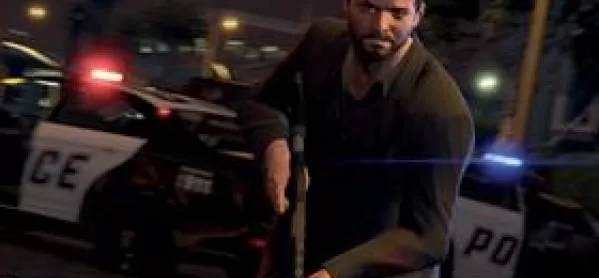Video games, muggings, bullying in the playground and online, even sexting: young people today are at risk from violence of all kinds, whether that is in the form of physical attacks or mental cruelty. So how best to protect them from it?
One ambitious project is proposing that students be taught by their peers, rather than adults, about different forms of violence and how to respond to them. Should they intervene when someone is attacked, or reply to a bullying message online?
Mentors in Violence Prevention (MVP), which started in the US, is expanding across Scotland after being successfully introduced in seven secondaries in Edinburgh and Inverclyde. The scheme is now to be extended to 29 schools in the authorities. Ways of rolling it out across Scotland are also being explored.
Graham Goulden, police chief inspector and MVP project leader at the national Violence Reduction Unit, which brought the scheme to Scotland, said the subject was extremely topical given recent furores about misogyny and violence in Robin Thicke’s song Blurred Lines and the computer game Grand Theft Auto V.
Rather than telling young people not to buy violent video games or misogynistic music, he said, the MVP approach was to have S4-6 students, known as “peer mentors”, chat informally with other children about the issues they present. As 18-year-old Alex Ross, a mentor who left Edinburgh’s Portobello High School in the summer, said: “No one wants to listen to a teacher talking about this sort of thing. They want to hear from peers.”
Alex’s school took part in the initial trial, with about 30 young mentors starting work in 2012-13 and another group of 30 this year. Mentors work with S1 students, each of whom will be involved in three sessions of about an hour over the year.
“They started off tentatively, but now that influence is really powerful,” depute headteacher Paul Saddler said. “The younger ones look up to the mentors: they’re so close in age. They’re living in the same world and talking about the same things.”
A central message is that relatively few people are direct victims or perpetrators in violent incidents, but that many more witness them and must intervene when they do.
“It’s about bringing a massive majority into the conversation,” Ch Insp Goulden said. “If we don’t, we’re not going to make a difference. If something is happening to a friend, you need to do something. If your friend’s sexting someone, that’s dangerous and you must do something.”
Last weekend, an MVP “leadership summit” brought dozens of mentors to the Scottish Police College at Tulliallan, Fife.
Seventeen-year-old Stacey Berwick from Portobello High told TESS that she had seen a girl being mugged that week, a situation that might have left her feeling helpless in the past.
“One big thing about MVP is that it’s not OK to do nothing,” Stacey said. “I was able to help without getting too involved. Before, I’d have run after the person or done nothing.”
Stacey has also advised S1 girls on relationships. “They thought it was OK for boys to be controlling in a relationship,” she said. “We tell them that it’s not, that it’s controlling, obsessive behaviour. They can talk to us about these things and feel relaxed.”




